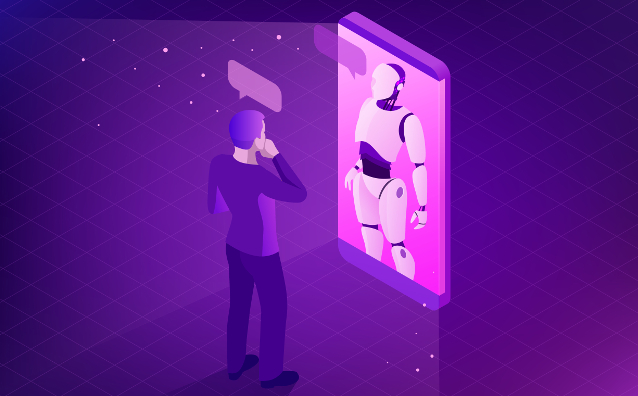Google’s Duplex AI service is rolling out on select Pixel devices for a lucky few U.S. users now, bringing the next step in bot and AI evolution to consumers. Are we ready for bots to talk to the world, doing our bidding? We guess Google is finding out right now.
Chatbots, websites and other resources provide us with a world of information. But what if you (or a search engine) can’t find it? Or, perhaps you just don’t want to bother calling to book a reservation. Google Duplex is the latest step in the company’s fast-growing AI offering, here to provide the answer. For now, the company is limiting these calls to restaurant reservations at a few locations, but previous demos and the company’s own plans suggest a growing range of services.
That’s within the confines of the company’s own smartphones. Google’s new Pixel 3 models, lead the way, available from £699 ($799) running Android Pie and Google Assistant, as the host for the new features. Currently on test for users in a few U.S. cities, Duplex also supports the earlier Pixel 2 phone. Duplex takes the details it needs (time, size of party etc). It then calls the phone number of the eatery and asks through voice chat to book a table.
Your call is important to us, said the robot to the robot
Once this soft test is concluded it shouldn’t be too long before Duplex can make orders or queries on your behalf to find out a key missing information without you having to dial, wait on hold and so on.
This might seem like a rather low key launch, for such an impressive feature, but from these small steps, it is not hard to imagine Duplex taking off in a big way in 2019. And the technology, on-device and back-end cloud services are something Google will want to thoroughly test.
Gone is the robotic voice that you might know from IVR calls, with Google’s worryingly realistic chatterbox taking over. As mentioned in many articles after its super-realistic unveiling, Duplex now identifies itself as a Google device and reminds the other party that the call may be recorded, before going ad hoc and making the specific query as naturally as you or I would, and answering any follow-up questions.
Phones need new smarts
The technology might be off to a small start, allowing Google’s engineers and data scientists to observe the functionality and manage any issues. But, tech sites around the world seem keen on Duplex, presumably as they’re getting bored about talking about notches, fractional megapixel increases, multiple lenses and however slightly-faster the latest processors are in smartphones.
Basically, phone hardware is going nowhere now, with fresh services and AI hardware making the headlines and driving the tech agenda. Google is stealing some essential yards in this battle over Apple’s Siri and Amazon’s Alexa, who remain mute when it comes to talking to strangers.
Detractors will point out that the prep for these calls takes just as long as making them would. But as Google Duplex learns more about people, it will be able to start making assumptions and inferring details when asked by the restaurant/store/wherever.
For perspective, take a nostalgic look at the first web browsers, slogging along at one page of text at a time. Or the early smartphones, gamely trying to do more than one thing at once. While powerful, these first-generation voice assistants are ploughing new territory and need careful management to avoid creating negative perceptions or media firestorms if something goes horribly wrong with that reservation.
Google also features Screen Call allowing the Assistant to handle incoming calls when you’re busy, or don’t want to personally answer an unknown number (anyone else getting more spam calls recently?).
We look forward to Duplex coming out around the world, and hopefully being available on more than just Google devices. However, if it doesn’t, Samsung has its own AI in the works, with Bixby 2.0 now featuring on Note 9 devices. and sooner or later, Apple will expand Siri to offer this or even greater capabilities.
Whatever the service or device brand, all players will be looking to improve the cleverness and utility of their future superphones, actually making them smarter. The benefit for everyone, especially people with speech issues could be huge, and soon those bots will be chatting to each other fulfilling orders and bookings, allowing folk to get on with their lives.
